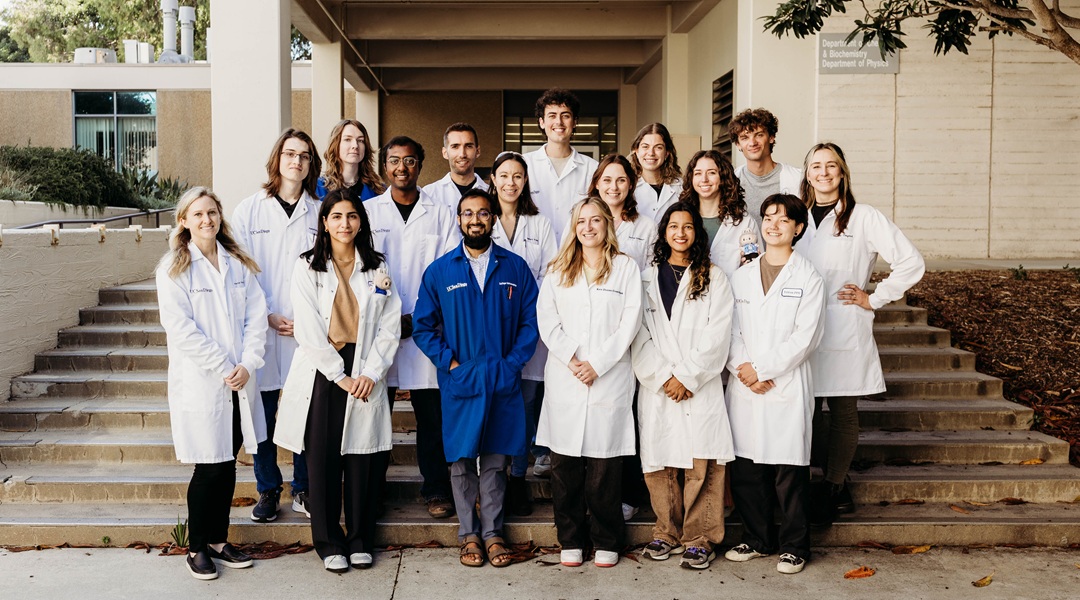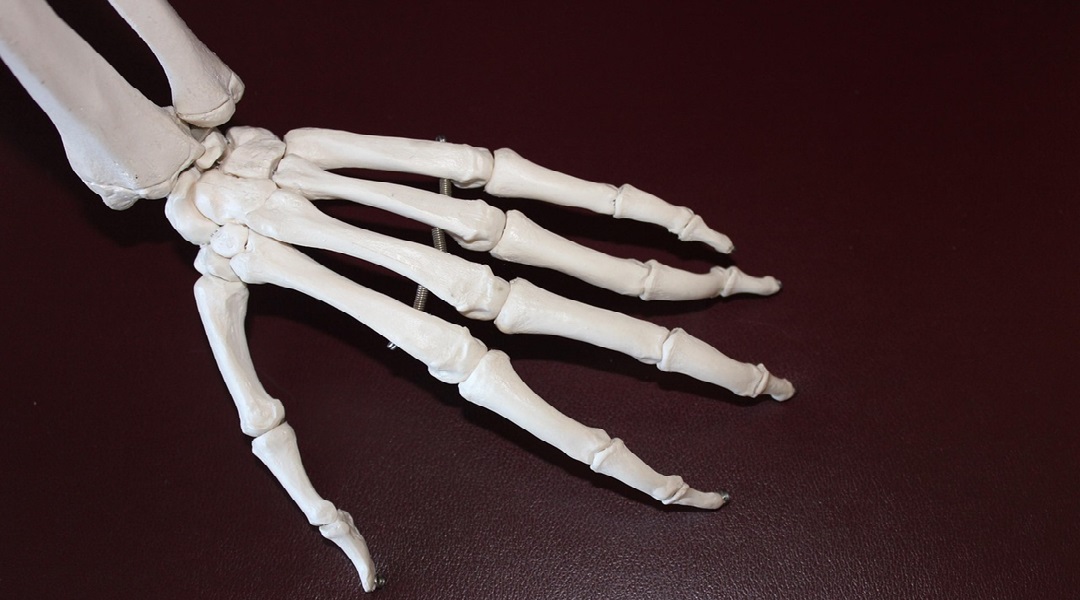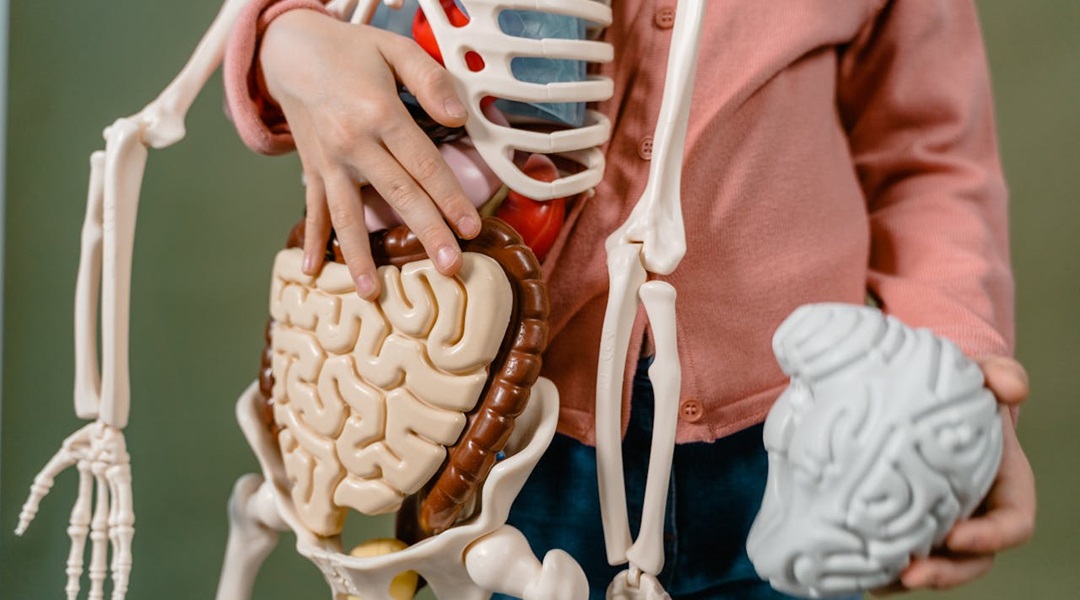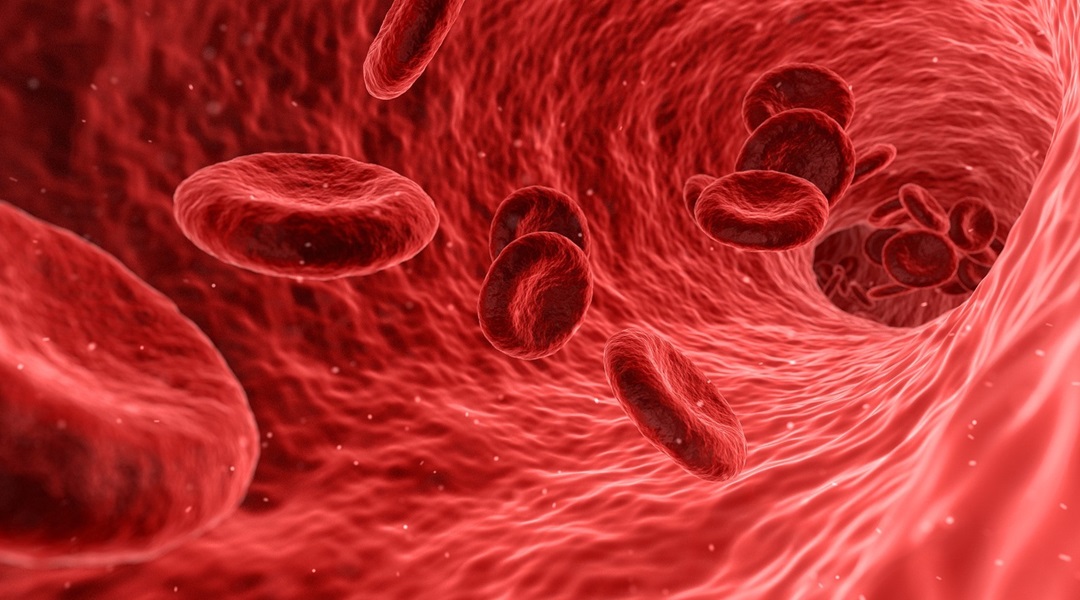Young Innovator Awardee for 2025, Komor leads a group at UCSD developing precision genome editing methods using chemical biology.


Young Innovator Awardee for 2025, Komor leads a group at UCSD developing precision genome editing methods using chemical biology.

New 3D printed scaffolds more accurately mimic the structure and behaviour of natural bone.

The effects of aging on the human brain could be slowed down with the help of artificial intelligence.

Cell-laden hydrogels could promote tissue regeneration while avoiding immune rejection.

Edible electronics from non-toxic materials enable complex ingestible devices for healthcare and food monitoring.

Sleep deprivation alters immune cell metabolism, causing changes to epigenetics through lactylation, triggering immune dysregulation.

Obesity changes gut microbiota, causing immune cells to age prematurely and secrete a protein which weakens bones

Wearable sensors help women analyse menstrual blood for affordable, non-invasive health monitoring.

High levels of a certain biomarker gives people a survival advantage, study finds.

The flexible and foldable 3D probes were surprisingly durable when inserted into brain tissue to map the deep functioning of neurons.